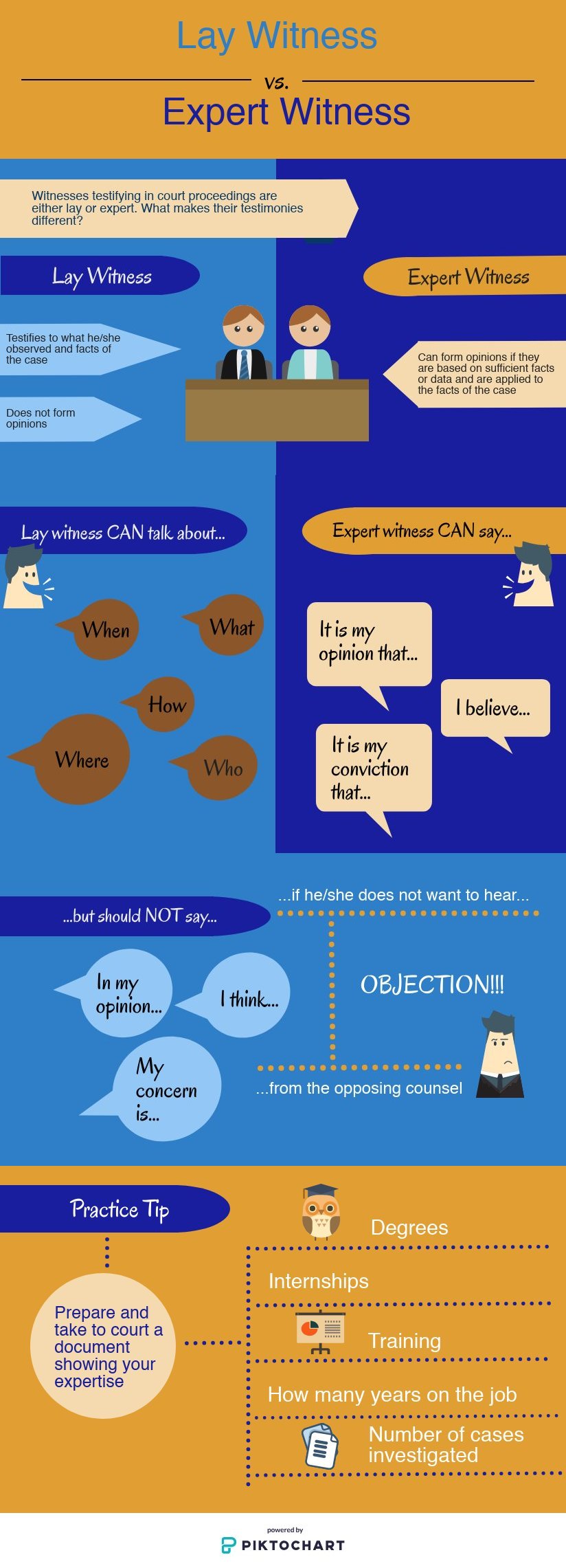
“That says to me the mentally ill factor wasn’t there.” Senior Constable Paul Topham told the inquest: “It seemed to me he was a very intelligent man and very much in control of situations. While coroner Ian Gray heard that Anderson suffered from delusions and probably an undiagnosed mental illness, police officers also described him as “intelligent” and “calculating”.īecause Anderson distrusted doctors, or anyone he saw as having authority, he never sought help for his anger or received an official diagnosis of mental illness. The question of Anderson’s mental illness has come up frequently, because although he prayed out loud, grew increasingly religious, had hallucinations and was aggressive, he also showed behaviour that was cold, intelligent and controlled, the inquest heard. Some of the evidence surprised even Batty, including the recording of the police station interview. Inquest witnesses told of an arrogant and erratic man with a strong disrespect for authority. “This was a premeditated act, this was deliberate. “But let me tell you by the end of this investigation, I hope you all do. Now she believes she knows why Anderson killed him, despite loving his son so much and never before having verbally or physically abused him.īatty told the inquest: “Can you imagine what that feels like, that someone against all odds wants to make you suffer for the rest of your life – to win? He was banned from there after making abusive phone calls to them, and returned to Batty and her newborn shortly after.īatty told the ABC in July that when he died Anderson doted on Luke and seemed to be a caring father.

When Luke was born, Anderson was staying at a Russian Orthodox monastery in New South Wales. “We talk about family violence perpetrators slipping through the net, and in this case there were huge holes in that net through which Anderson seemed to be able to come and go at will.”īatty met Anderson more than two decades ago when they worked together at a recruitment company. “That just seems to reinforce a system that asks so much of the victims and not the perpetrator,” Atmore said. Magistrates in only select Victorian courts hold the power to order perpetrators to undergo counselling and anger management. It’s also because, as far as we’re aware, he had no ongoing contact with health services and never sought help for his anger and mental health issues.” He’s dead of course, but when he was alive there were various failures to locate him because he was homeless and transient. “But no one ever gets a proper picture of him. “Anderson is central to the entire thing,” Atmore said.

It means the weight has fallen largely on Batty’s shoulders to answer questions. No one who directly knew Anderson will give evidence aside from Rosie Batty, with the killer’s parents too elderly and frail to testify. A domestic violence expert, she describes Anderson as an “absent presence” at proceedings. “He was in a homelessness situation for many years, his life was failing, everything was becoming worse in his life and Luke was the only bright light in his life.”Įight months later the picture that has emerged is more darker and complex.ĭr Chris Atmore, a senior policy adviser with the Federation of Community Centres, has been at the inquest every day supporting Rosie Batty. “What triggered this was a case of his dad having mental health issues,” she said.

Photograph: Julian Smith/AAPīatty said the day after Luke’s death that no one had loved Luke more than she and his father. Rosie Batty arrives at the coroners court of Victoria in Melbourne.


 0 kommentar(er)
0 kommentar(er)
